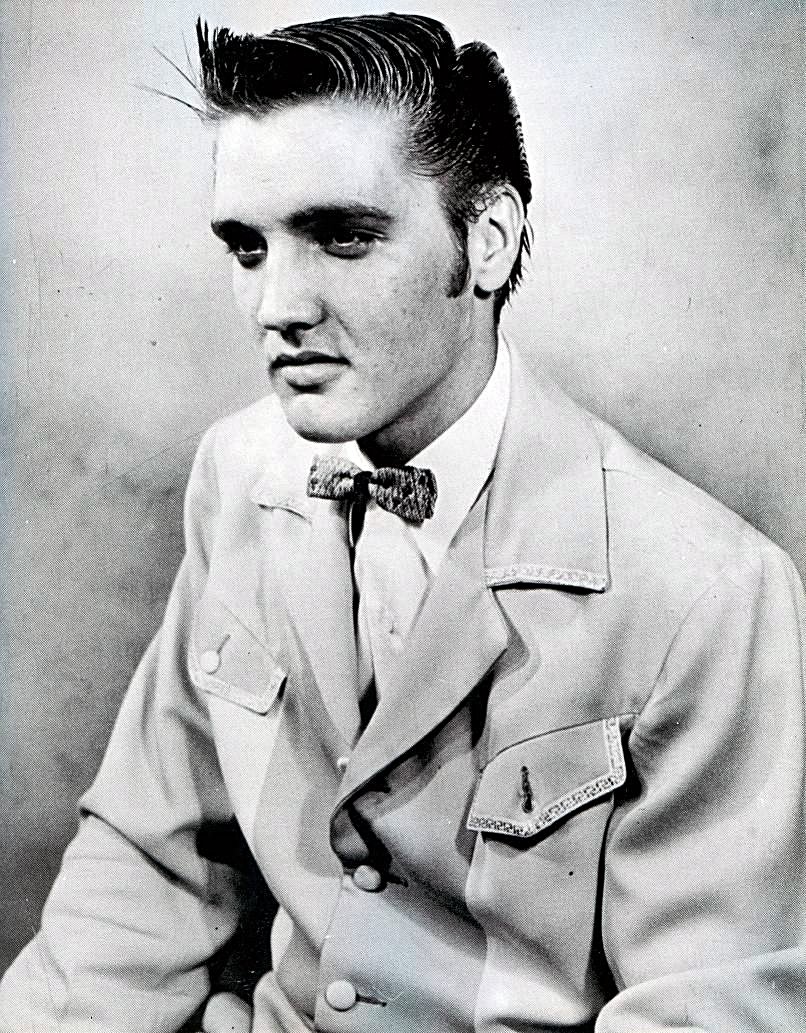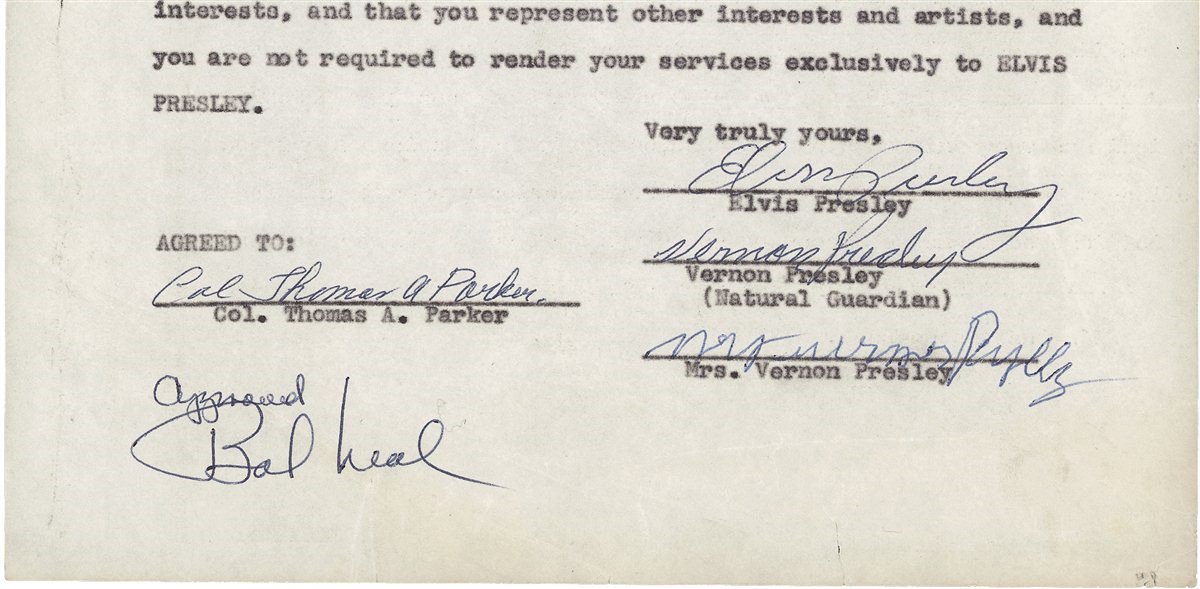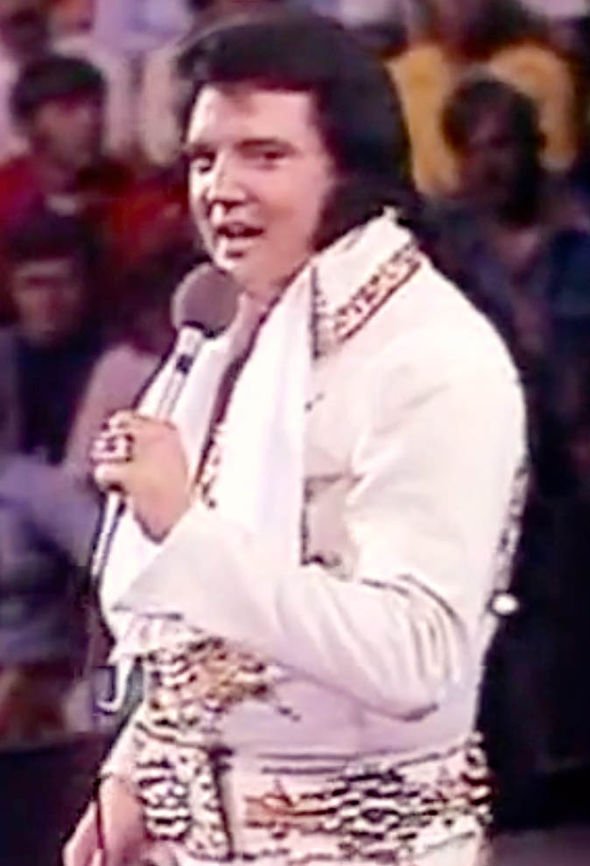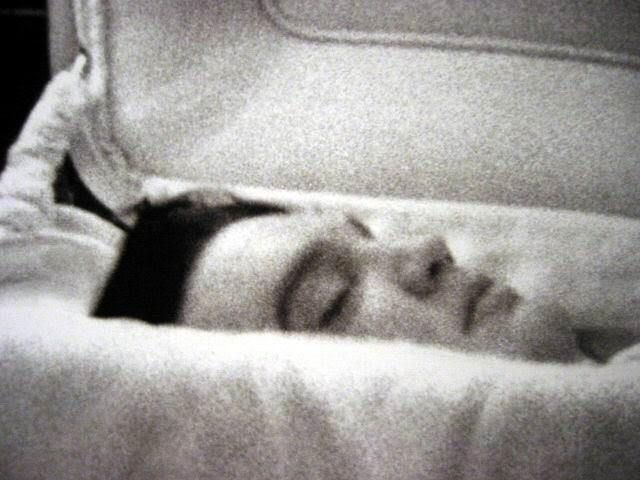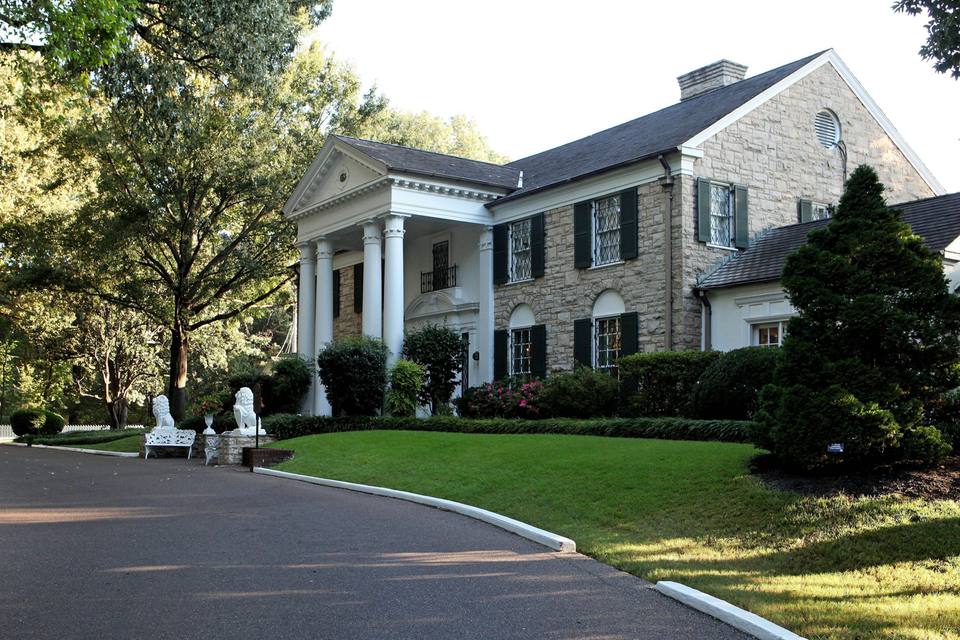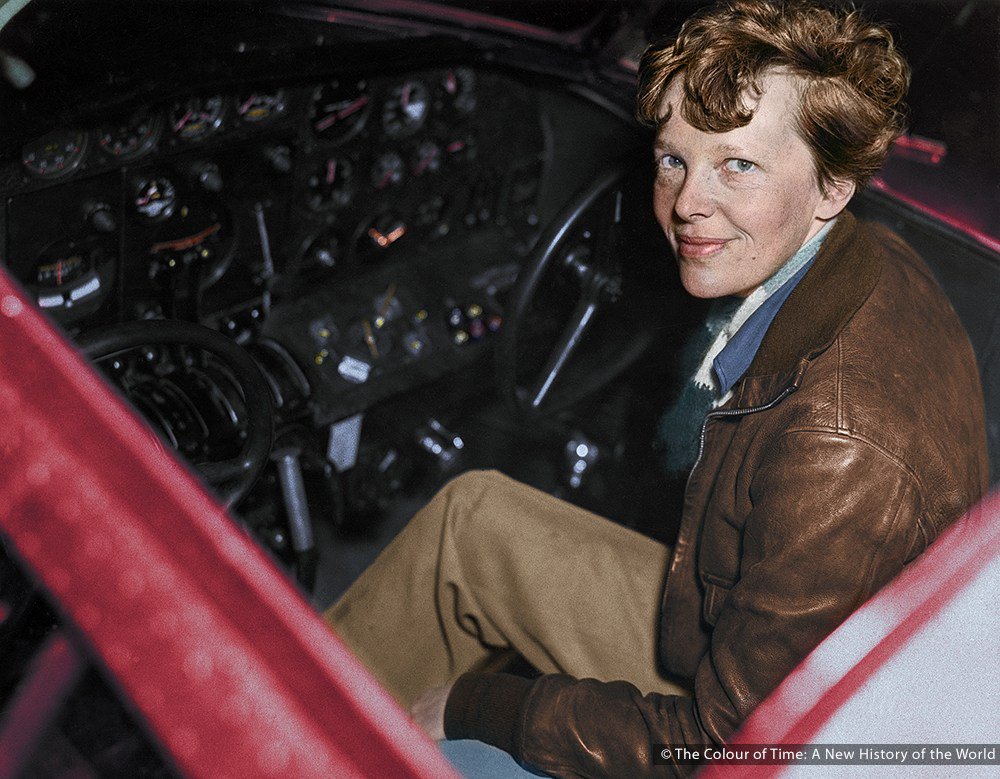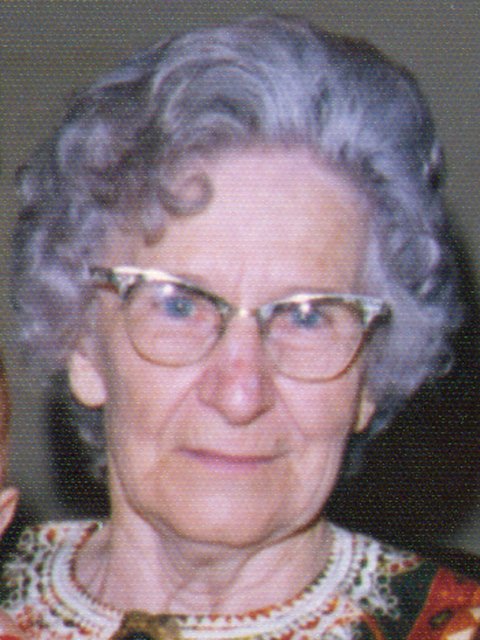A few months later, Presley received his first guitar for his birthday; he had hoped for something else—by different accounts, either a bicycle or a rifle.
He played and sang during lunchtime, and was often teased as a "trashy" kid who played hillbilly music.
When his protégé was twelve years old, Slim scheduled him for two on-air performances. Presley was overcome by stage fright the first time, but succeeded in performing the following week.
Asked by receptionist Marion Keisker what kind of singer he was, Presley responded, "I sing all kinds."
After he recorded, Sun boss Sam Phillips asked Keisker to note down the young man's name, which she did along with her own commentary: "Good ballad singer. Hold."
In April, Presley began working for the Crown Electric company as a truck driver.
"All of a sudden, Elvis just started singing this song, jumping around and acting the fool, and then Bill picked up his bass, and he started acting the fool, too, and I started playing with them.
It warned that "Presley is a definite danger to the security of the United States. (...)
Ed Sullivan, whose own variety show was the nation's most popular, declared him "unfit for family viewing".
She later stated in an interview that she regretted her choice of words in describing the incident.
Elvis and Priscila filed for divorce on August 18. According to Joe Moscheo of the Imperials, the failure of Presley's marriage "was a blow from which he never recovered."
Despite the accelerating deterioration of his health, he stuck to most touring commitments.
Following an attempt to steal the singer's body in late August, the remains of both Presley and his mother were reburied in Graceland's Meditation Garden on October.


